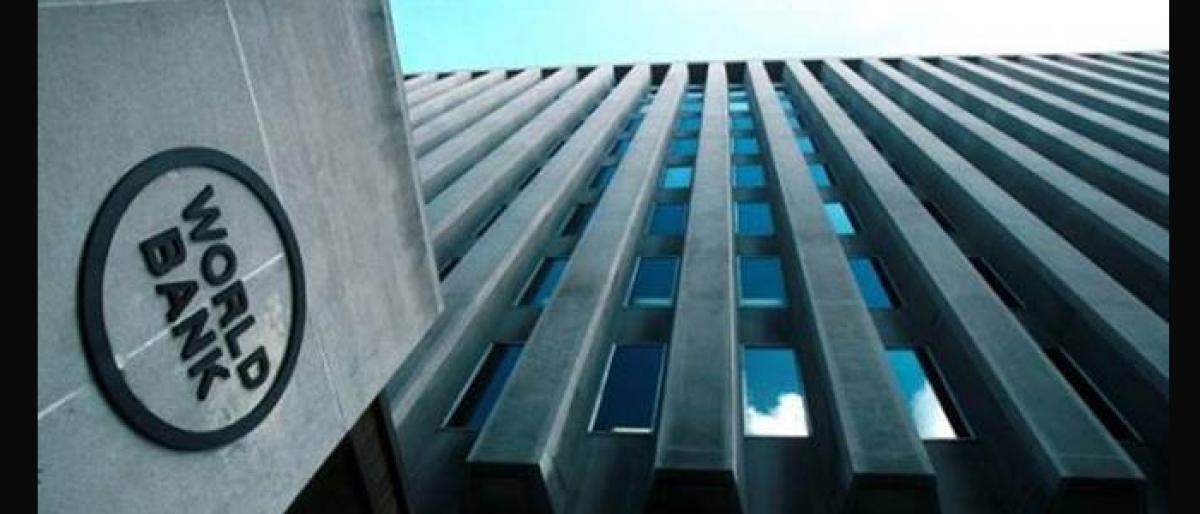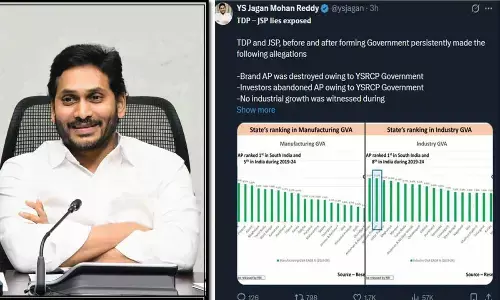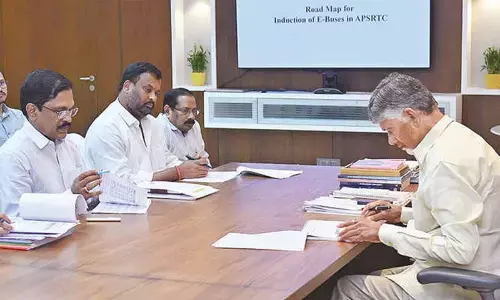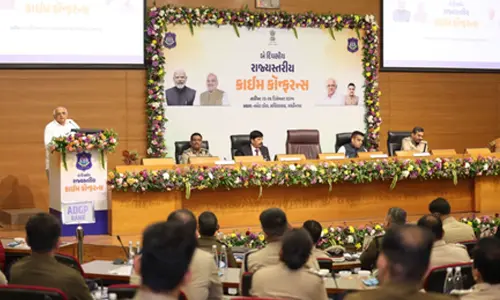India’s image brightens

But China realised the essential need of capitalism for its survival and growth in 1970s. As consequence, the world\'s most populous country opened its gates to private investors then. See where it\'s now. China is the second wealthiest country after the US, the Mecca of capitalism. And, much to the chagrin of India, it\'s well on course to become a super power sooner or later. That\'s power of capita
We are living in a capitalist age. That means a country's fate is decided by the quantum of private investments that it is able to attract year after year. That's a reality – one likes it or not. For instance, China is a communist country. As we are aware, the core of communism revolves around socialism. And as we are also well aware, the truest form of socialism has no place for capitalism.
But China realised the essential need of capitalism for its survival and growth in 1970s. As consequence, the world's most populous country opened its gates to private investors then. See where it's now. China is the second wealthiest country after the US, the Mecca of capitalism. And, much to the chagrin of India, it's well on course to become a super power sooner or later. That's power of capitalism when it's mixed with communism in right doses.
But why and how does an investor choose a country as the destination for his or her investments? The primary criterion is whether the investment is safe and bring in good returns. Secondly, prevailing business climate also plays a crucial role. That means whether a country is rolling out red carpet for investors, how rider-free is the red carpet and things like that.
The World Bank kicked off a global initiative called 'Doing Business' in 2001 and started ranking countries based the prevailing business climate there. These rankings are the one of the factors that global investors take into reckoning while making their investment decisions. Unfortunately, India never secured a decent rank in the list even though little known countries like Slovenia, Estonia, Africa's Rwanda and neighbouring Bhutan fared well.
India's highest rank was 116 among 190 countries in 2006 before it slipped to 142 in 2015. It remained static at 130 for the next two years. But India made a remarkable progress in 2018 rankings announced on Tuesday and that should delight us. The country of a billion people has finally improved its global ranking in ease of doing business (EoBD) by a whopping 30 notches to 100.
It’s first time that our country figured in the top 100 countries and the credit of the spectacular jump in rankings should go to the Narendra Modi government which ushered in a slew of structural reforms. As result, India showed great progress in tax compliance, credit offering, protecting the minority investors, etc.
However, it will be a grave mistake if we rest on the laurels and wait for investments to pour in. For, the flow of investments never depends on the ranking alone. Otherwise, countries with higher ranks would have outpaced India in attracting more FDI. But that’s not the case and India despite its low rank gets far higher FDI than many other countries with far better ranks. Nonetheless, the 100th position – though laudable at this juncture – doesn’t reflect the true potential of India. It’s good that the central government is targeting 50th rank. But India has to sweat it out to reach that level given the prevalence of corruption and lack of reforms in key areas like land and labour.




















